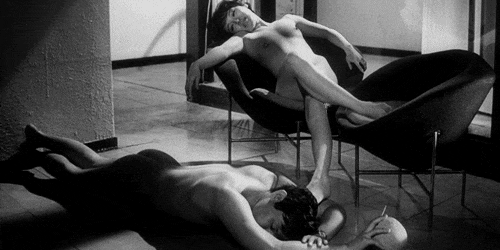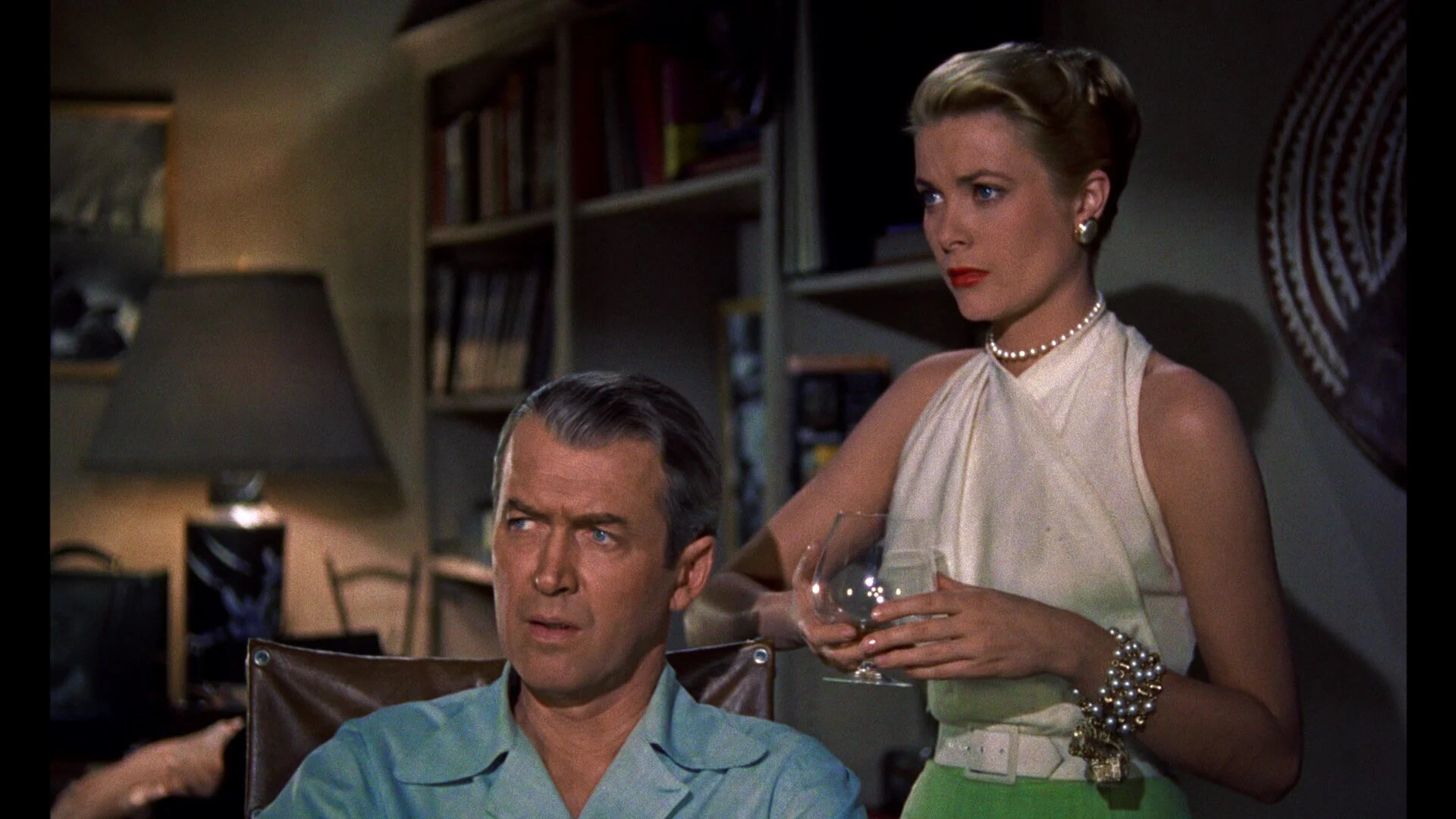Jean Genet
With the run time of 26 minutes, Jean Genet’s short silent film, Un Chant d’Amour, is a memorable radical work of early cinematic homoeroticism. Titillating but also tasteful in its usage of sexual imagery, Genet’s only film is a trailblazing work of art.
Filmed in an almost dream-like style, it is lightly suggested that the majority of the film might be a sexual fantasy in the mind of one character. A policeman observes two prisoners exchanging flowers through their neighboring prison cell windows. Instantly, we’re in the prison and the prison guard spies on the various prison cells where various men are pleasuring themselves. We arrive to two neighboring cells where a young inmate is the object of desire for the older inmate next door. The prison guard becomes jealous as he too wants the young inmate for himself.
Genet presents us with an unsanitized portrayal of gay male lust and gay male fantasy. As a reflection of its time, the gay men of Un Chant d’Amour are caught in a world of crime and danger. It’s no accident that Genet also chooses to depict the cruel but voyeuristic prison guard as a self-hating, homosexual. What better metaphor to portray the claustrophobic reality of closeted gay men during the mid-twentieth century than men trapped in prison cells?
Even with explicit images of erect penises and masturbation, its most powerful and sensual images are the ones that are suggested. Its repeated use of extreme voyeuristic, close-ups adds to the seductive nature of the short film. Even while being a silent-film, there’s never any overacting on behalf of the actors but instead a beautiful use of body language.
To further understand the brilliance of Jean Genet’s only film is to look at the life of Jean Genet, himself. Born to a prostitute who gave him up for adoption, Jean spent the majority of his early life as a vagabond and petty criminal. He was in and out of prison for the various crimes he committed and all of this would serve as inspiration for his future novels and plays. The majority of the characters he wrote were criminals and social outcasts caught in violent situations. With this understanding of Genet’s background it is important to point out that Un Chant d’Amour was made by someone who understood the prison world. Genet believes in love but just like the flowers the the two inmates exchange through their prison cell windows, love is always in danger of being crushed by the savage world surrounding it.
Un chant d'amour
year 1950
director JEAN GENET
director of photography JEAN COCTEAU
cast JAVA, ANDRÉ REYBAZ, COCO LE MARTINIQUAIS and LUCIEN SÉNÉMAUD
words HECTOR ORTIZ
What to read next






